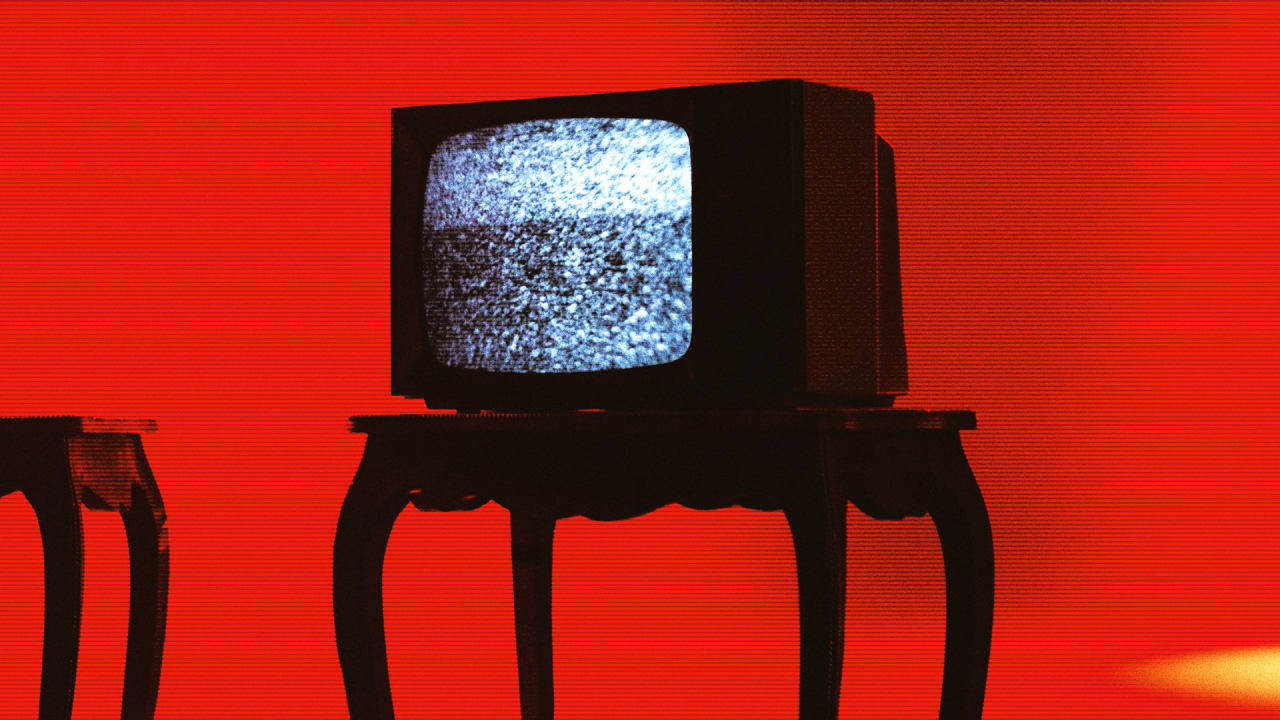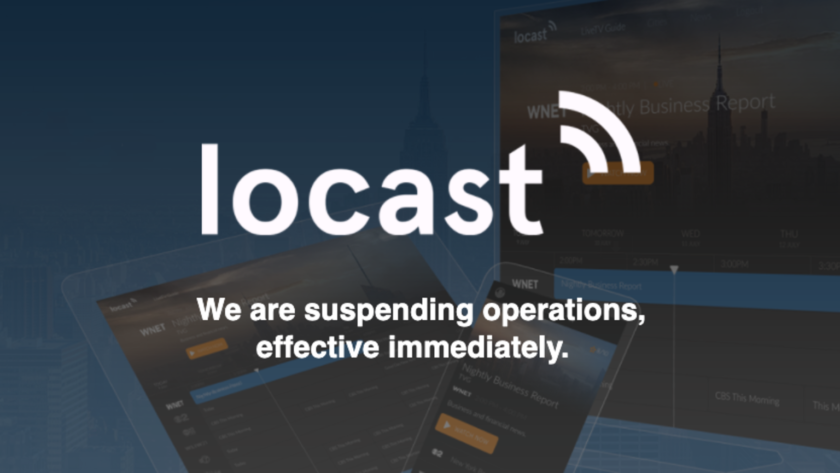
Locast, a nonprofit service that used a loophole in copyright law to stream local TV channels on the cheap, delivered a blow to cord cutters this week by abruptly suspending its operations.
Locast had argued that it was allowed to stream local channels to viewers via its own antennas, using a provision of copyright law that lets nonprofit groups retransmit broadcast signals. The major TV networks—ABC, NBC, CBS, and Fox—disagreed, and sued the group nearly two years ago.
On Wednesday, a federal judge in New York sided with the networks, tossing Locast’s request for summary judgment.
While the service was ostensibly free, Locast would interrupt users’ video streams every 15 minutes unless they paid a $5 per month donation. District Judge Louis Stanton said that with this approach, Locast was soliciting payments for a service, not charitable contributions. He also took issue with the way Locast used donations in existing markets to fund expansion into others, saying the nonprofit exemption in copyright law doesn’t allow for this.
Locast initially responded on Wednesday by dropping all donation requests from its video feeds. But on Thursday, the group shut down its service outright.
“As a non-profit, Locast was designed from the very beginning to operate in accordance with the strict letter of the law, but in response to the court’s recent rulings, with which we respectfully disagree, we are hereby suspending operations, effective immediately,” the group said in an email to its donors.
The fight goes on
Mitch Stoltz, a senior staff attorney for Electronic Frontier Foundation, which assisting with Locast’s defense, said via email that the case will continue, “likely including an appeal,” to resolve remaining issues in the case.
“The problem remains: broadcasters keep using copyright law to control where and how people can access the local TV that they’re supposed to be getting for free,” Stoltz said.
Still, the group seems to be adopting a less aggressive posture than it did a couple of years ago, when Locast founder David Goodfriend told the New York Times that he would welcome a legal challenge. Goodfriend had said his idea for Locast was inspired by Aereo, an earlier attempt to retransmit broadcast channels that didn’t try to achieve nonprofit status. The Supreme Court ruled in 2014 that Aereo violated copyright law, and the company imploded shortly thereafter.
Jessica Litman, a law professor at the University of Michigan who specializes in copyright law, said via email that Locast’s decision to immediately shut down likely came down to costs. She speculates that if Locast continued to run the service while pursuing further litigation, it might have faced a preliminary injunction from the networks.
“The problem is that litigation is really, really expensive,” Litman said. “Suspending operations will probably allow them not to have to litigate a preliminary injunction motion.”
Cord cutters left stranded
Locast’s demise is a gut punch to cord cutters who want to access local channels but can’t get them with an antenna due to range or reception issues. For the most part, live local channels are still tied to big TV bundles, consisting of many other channels owned by the major broadcast networks. The cheapest streaming bundles that include all four networks are YouTube TV, Hulu + Live TV, and Fubo TV, and they call cost $65 per month.
In lieu of a big bundle or an antenna, cord cutters can subscribe to Paramount+, which includes a local feed in its $10 per month tier (but is often available for free). Primetime network shows are also available on Hulu, on NBC’s Peacock, and on free network TV apps (usually with an eight-day delay), but those channels don’t offer live feeds without a pay TV subscription. NewsOn, Vuit, and Stirr over local news in certain markets, but no major network programming. LocalBTV streams free digital subnetworks in a small number of markets, but it also lacks major network channels.
CutCableGuy.com

